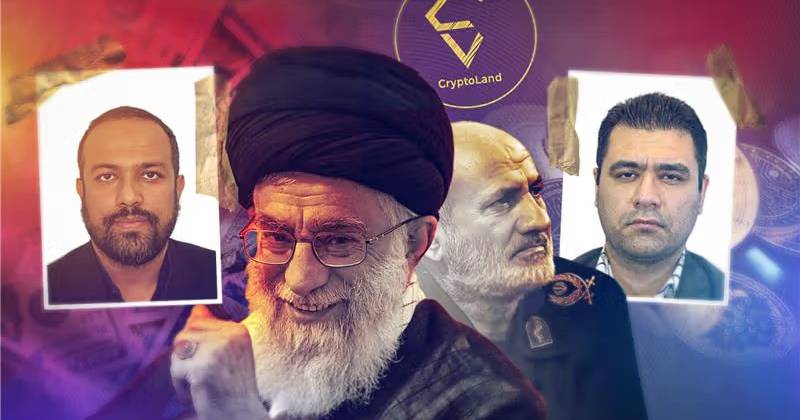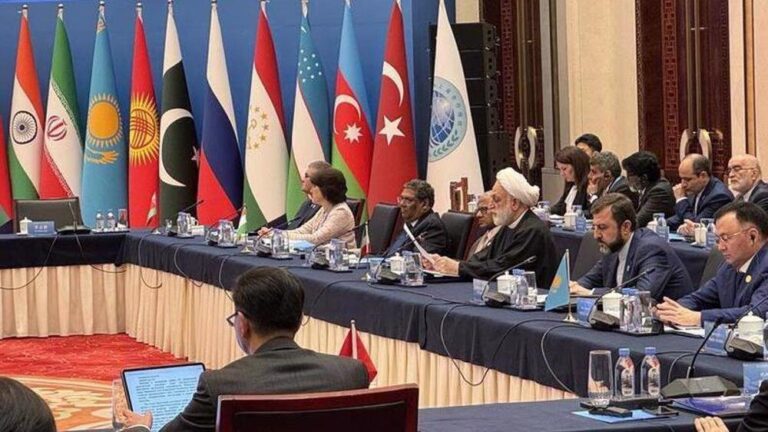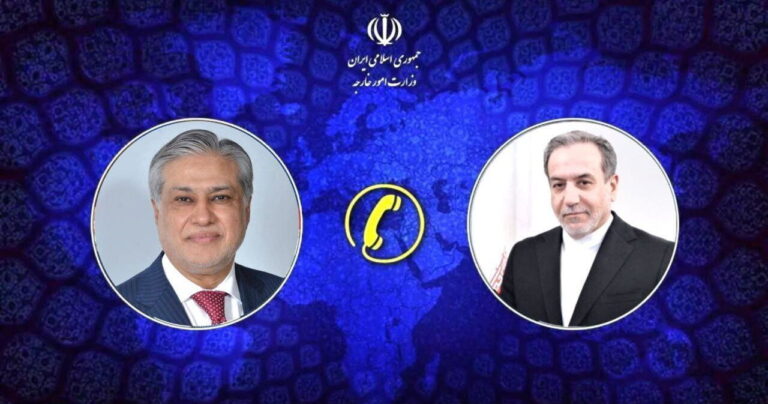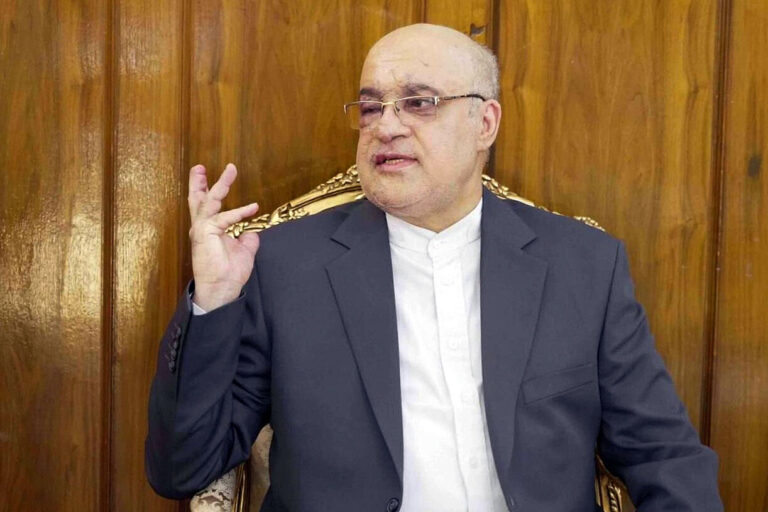Leaked Files Expose IRGC Agents in Multi-Million Dollar Crypto Fraud Scandal
In a shocking revelation about corruption within Iran’s Revolutionary Guard, senior officers have been implicated in a scheme where they allegedly stole approximately $21 million in cryptocurrency while masquerading as investigators in a corruption case. This investigation focuses on Cryptoland, a digital exchange that was shut down following the arrest of its CEO, Sina Estavi, in May 2021.
At the time of Estavi’s arrest, he faced no formal accusations, but as news of the incident circulated, thousands of investors came forward to file complaints. According to the Mizan news website, which is associated with Iran’s judiciary, over 51,000 plaintiffs emerged from this scandal.
The BRG token, which was developed by Estavi, plummeted in value after his arrest. Notably, blockchain records indicate that just one day post-arrest, a staggering six billion BRG tokens were transferred from Estavi’s crypto wallet. This transfer occurred before the public was aware of the unfolding scandal.
These tokens were subsequently sold by officers from the Islamic Revolutionary Guard Corps (IRGC), resulting in tens of millions of dollars being pocketed by the interrogators involved in the operation. An expert appointed by the court pinpointed two primary figures in this scheme: Mehdi Hajipour and Mehdi Badi, both of whom serve as senior interrogators within the IRGC’s economic branch.
The expert’s findings confirmed that wallets controlled by Hajipour were responsible for the sale of over $21 million in BRG tokens. In March 2022, Hajipour was arrested by IRGC counterintelligence agents during a sting operation, where he was caught accepting a $10,000 payment from Estavi. At that time, Estavi believed he was buying back the stolen tokens from a fictitious third party created by Hajipour.
Prior to the theft of the tokens, Hajipour’s assets were valued at around 10 billion rials (approximately $40,000 at the time). However, just four months later, his wealth had skyrocketed to 600 billion rials, which he spent on lavish items such as real estate, gold, and luxury vehicles. After his arrest, he was placed in Ward 66, a facility designated for detained IRGC personnel.
Furthermore, court documents indicate that Hajipour had established a network of senior interrogators from the IRGC Intelligence Organization who collaborated with him in this fraudulent scheme. The second suspect, Mehdi Badi, operated under the alias Dr. Ebadi. His name has been linked to several significant corruption investigations involving the IRGC.
Badi is related to Ali Akbar Hosseini Mehrab, the former Deputy for Economic Anti-Corruption Affairs within the IRGC intelligence organization. Mehrab has held various positions, including Director General of Intelligence in Khuzestan and later as the governor of Khuzestan during President Ebrahim Raisi’s administration.
According to the court documents, two additional IRGC interrogators, Majid Jahan Parto and Majid Tabatabaei, are also implicated in this corruption network, along with four accomplices who aided in document forgery.
Currently, there is limited information regarding the outcomes for the defendants, including the sentences they may have received. Notably, Hajipour’s appeal was dismissed in September 2022. In contrast, Sina Estavi was sentenced to 15 years in prison and required to return the embezzled funds, but he managed to flee the country amid pressure from the senior interrogators, who had, in fact, swindled the victims themselves.
Three months following Hajipour’s apprehension, Hossein Taeb was removed from his role as head of the IRGC intelligence organization and was succeeded by Mohammad Kazemi. In a partial resolution to the situation, half of the victims—whose collective losses amounted to $14 million—were reimbursed from Estavi’s account while he was imprisoned. However, around 25,000 other victims remain unpaid and are still awaiting the return of their funds, which were misappropriated by Hajipour, Badi, and their accomplices.
This unfolding scandal highlights the rampant corruption within the IRGC and raises significant concerns about the integrity of financial institutions in Iran.






